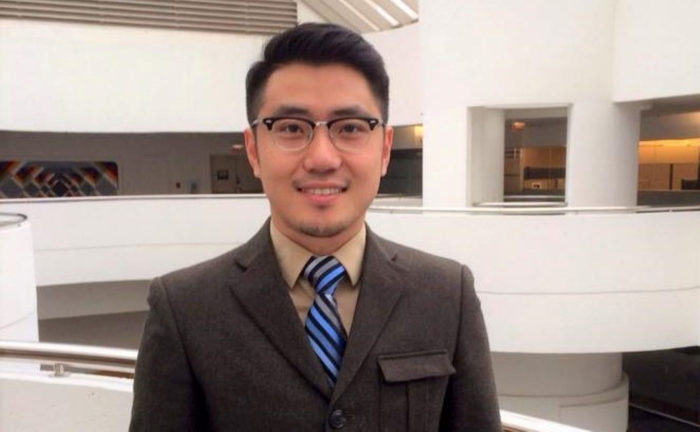In a new large study led by researchers at the American Cancer Society (ACS), findings show parental cancer is associated with a greater likelihood of family-level food insecurity, financial worry about housing costs and other monthly bills, and transportation barriers to medical care for children in the United States. The study will be presented at this year’s annual meeting of the American Society of Clinical Oncology (ASCO) in Chicago, June 3-7.

Credit: American Cancer Society
In a new large study led by researchers at the American Cancer Society (ACS), findings show parental cancer is associated with a greater likelihood of family-level food insecurity, financial worry about housing costs and other monthly bills, and transportation barriers to medical care for children in the United States. The study will be presented at this year’s annual meeting of the American Society of Clinical Oncology (ASCO) in Chicago, June 3-7.
In this study, the 2013 to 2018 National Health Interview Survey was used by researchers led by Dr. Zhiyuan Zheng, senior principal scientist and health economist at the American Cancer Society. In this nationally representative data, the scientists identified 812 minor children ages 5-17 years (representing 860 thousand) living in families with a parental cancer history and 22 thousand children without a parental cancer history (representing about 24.5 million children). Generalized multivariable logistic regressions were used to compare family-level food insecurity, parents’ worry about the ability to pay monthly bills and housing costs and delayed medical care for the child because of no transportation between minor children with and without a parental cancer history. All analyses adjusted for child-, parent-, and family-related characteristics, including child’s age group, sex, and race/ethnicity; parent’s age group, sex, race/ethnicity, health insurance coverage, number of comorbid conditions, and obesity status; family’s structure (married/cohabiting parents versus single-parent families), highest educational attainment in the family, and family income as a percentage of the federal poverty level.
The results showed about 3.4% of minor children were living in families with a parental cancer history. In adjusted analyses and compared to children whose parents did not report a history of cancer, children of cancer survivors were more likely to live in families that experience shortages in basic economic needs, such as food bought did not last 25.8% vs. 16.7%, inability to afford balanced meals 16.8% vs. 13.3%, worry about paying monthly bills 44.7% vs. 37.9%, and worry about housing costs 35.5% vs. 30.7%. Moreover, children with a parental cancer history were more likely to experience delayed medical care due to lack of transportation than children without a parental cancer history 3.6% vs. 1.6%.
This study results suggest that the current support for children with a parental cancer history from healthcare system may not be enough. Additional efforts from policy makers are needed to identify children with a parental cancer history and develop strategies to address their unmet economic needs.
# # #
About the American Cancer Society
The American Cancer Society is on a mission to free the world from cancer. We invest in lifesaving research, provide 24/7 information and support, and work to ensure that individuals in every community have access to cancer prevention, detection, and treatment. For more information, visit cancer.org.




